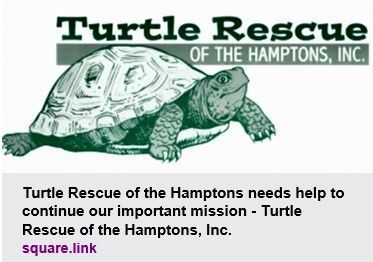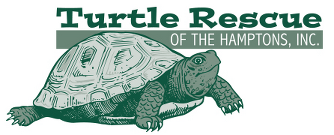Found a Turtle?
Signs of Turtle Distress in Your Yard
Due to the rapidly decreasing chelonian-suitable habitats, it may be possible that you come across a turtle that you have never seen before. Increased construction, new roadways, and habitat destruction are forcing turtles to desperately search for new home turf, as well as available breeding and nesting grounds. If you see a healthy turtle in your yard (please refer to “Signs of Distress” below), please leave her alone and keep any people and pets away from her. Their numbers are rapidly decreasing and as a very important Keystone Species, they need your help. (PS: They also keep insects at bay and help to cross-seed beautiful plants.) Turtles are not aggressive or dangerous by nature unless provoked, and will leave on their own.
Signs of Turtle Distress in or Near the Road
Turtles approach the road for many reasons, whether it be to trek off to their prized nesting grounds, to find a mate, or to find a safe home territory. If you see a healthy, uninjured turtle in the road or about to cross, please place them on the side of the road they were heading towards, and watch to make sure they continue on their way. If you put them in the direction in which they came, they will tirelessly keep on attempting to head to the ingrained destination. Many of them have been taking this exact route for well over a few decades and will not rest until they reach the location in which they are heading. If the turtle is injured or hit, please give Turtle Rescue of the Hamptons a call immediately.
Signs of Distress
- Any turtle found October to March when they should be hibernating
- Predator, vehicle, or machine injury
- Immobile for more than a few hours
- Bleeding
- Missing limb
- Shell injury
- Bump by ear(s)
- Bubbles or mucus by nose or mouth
- Making any gurgling noises
- Lethargic
- Swollen eyes
- Any liquid discharge
- Open mouth breathing
TIP: Never pick up a snapping turtle by its tail! You can paralyze them. Their tail is a direct extension of their spine.




Share On: